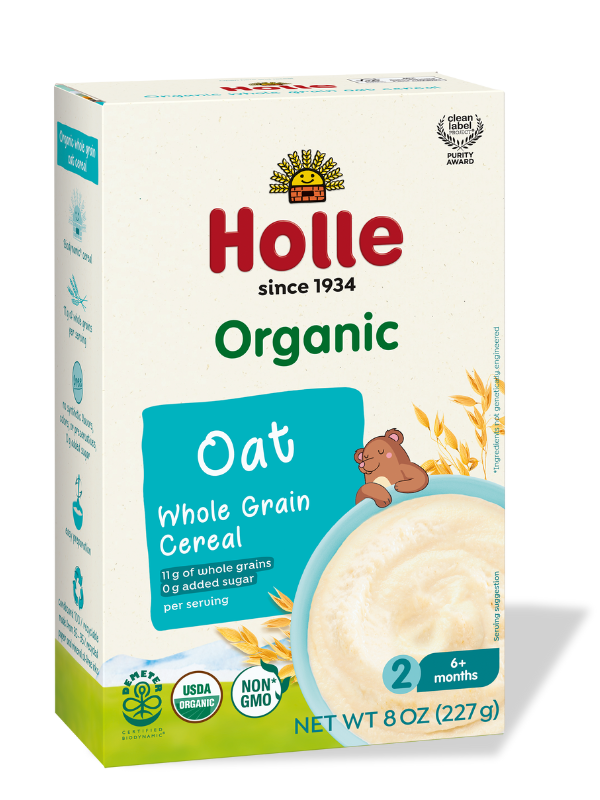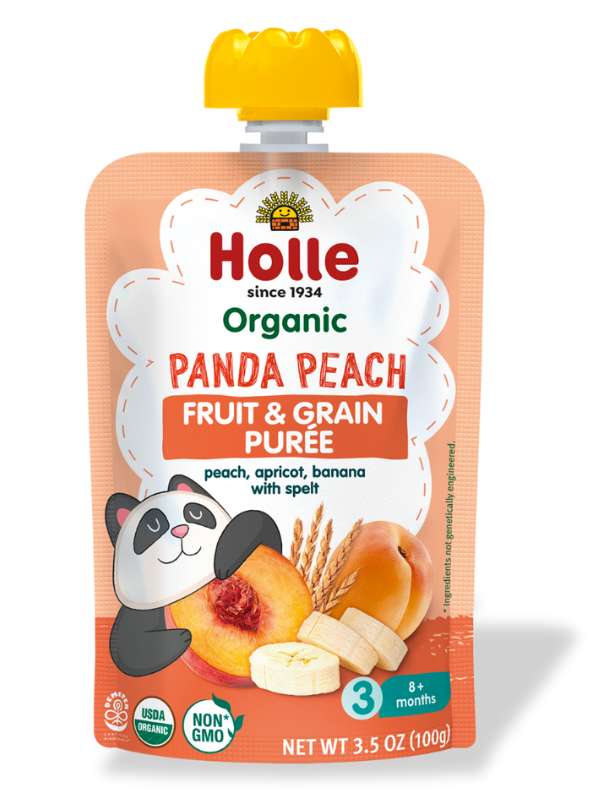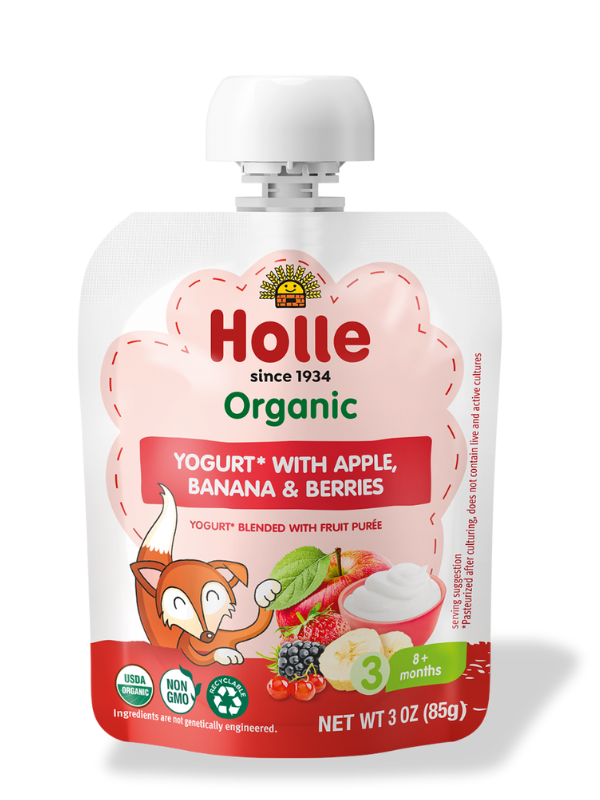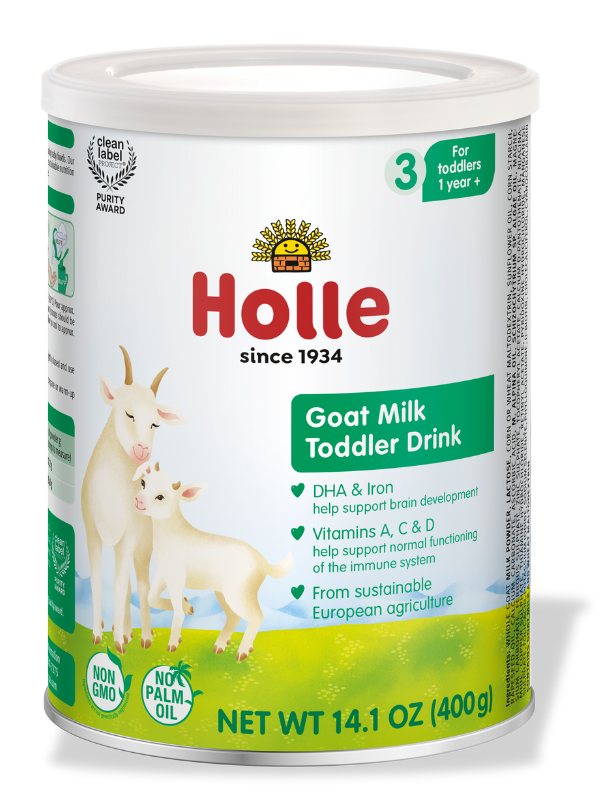Milk is known for being a good source of calcium and protein. It can promote strong bones and teeth. But not all milk is precisely the same.
You may have heard about A2 milk or seen it in your local supermarket or big box store. You may have wondered, why A2 milk? What makes it different from regular whole milk or low-fat milk or lactose-free milk? Here are a few reasons why A2 milk is increasingly common.
A1 vs A2 milk: what’s the difference?
About 95% of the protein in milk is from casein or whey. The primary protein in milk is called beta-casein.
A1 and A2 milk are the two genetic variants of the beta-casein protein.
Most cows have both A1 and A2 beta-casein in their milk. But A2 milk comes from cows that only have the A2 beta-casein variant.
While more research is needed, there is some evidence that the type of protein in A1 milk may be harder to digest.
Does A2 milk have lactose?
A2 milk still contains lactose — the naturally-occurring sugar within all milk.
Lactose intolerance is a common condition where lactose causes digestive issues such as bloating, nausea, diarrhea, and gas. Lactase is the enzyme that breaks down lactose, and it is added to regular milk to make it easier to digest.
Beta-casomorphin-7 (BCM-7) is a naturally-occurring, opioid peptide that is released when A1 beta-casein is digested (1).
Scientists now speculate that the protein in milk — specifically the BCM-7 that breaks down from digesting A1 milk — is partially to blame for dairy digestive problems.
A randomized, double-blind study looked at the effects of drinking A2 versus A1 milk. The results showed that A2 milk drinkers had significantly fewer symptoms of digestive discomfort and inflammation than those who drank A1 milk (2).
In another 8-week, double-blind study, participants who consumed A2 milk reported healthier digestion and more regular bowel movements than those who consumed A1 milk (3).
Is A2 milk better?
Both A1 and A2 milk are nutritionally equal. They are both good sources of calcium and protein. And as long as there is no known dairy allergy, either A1 or A2 milk can be consumed.
A few studies found that the BCM-7 peptide — which occurs when digesting regular milk — may be linked to digestive discomfort and other issues.
Some studies have linked higher levels of BCM-7 to the increased risk of sleep apnea in babies (4). Another small study found a correlation between BCM-7 and delayed development (5).
Other research found a correlation between A1 beta-casein and increased risk for type 1 diabetes (6) and cardiovascular disease (7).
Why choose Holle A2 milk?
At Holle, we believe in providing the best that nature has to offer. We produce our food in the most sustainable way possible.
All of our A2 milk comes from heritage cows with ancient Middle Eastern and Indian genetics. Our cows feed on grass and roam in open pastures. Our A2 milk is shelf stable and it also includes:
- Vitamins A, C & D help support the normal functioning of the immune system
- DHA & Iron to support brain development
- No added corn syrup
- https://www.sciencedirect.com/science/article/abs/pii/S030881460900867X
- https://pubmed.ncbi.nlm.nih.gov/27039383/
- https://pubmed.ncbi.nlm.nih.gov/24986816/
- https://pubmed.ncbi.nlm.nih.gov/16407643/
- https://pubmed.ncbi.nlm.nih.gov/19576256/
- https://pubmed.ncbi.nlm.nih.gov/21334743/
- https://pubmed.ncbi.nlm.nih.gov/12601419/











